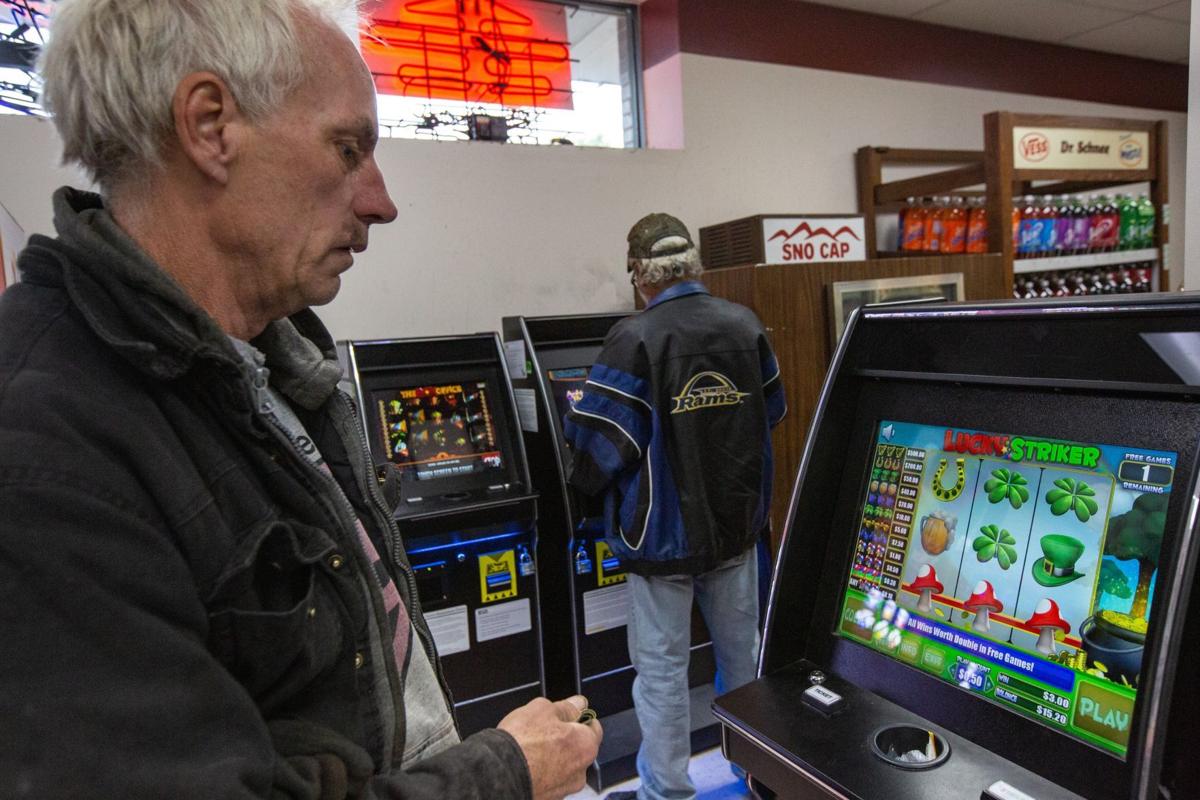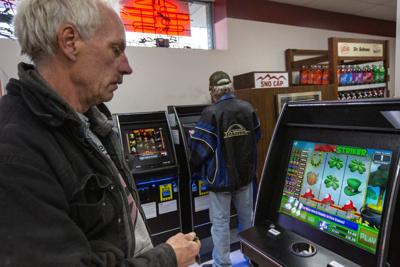It took a federal jury exactly one week to finally do what MissouriŌĆÖs so-called political leaders have shamefully refused to do for years: hold accountable a rogue gambling industry that has long been siphoning off money from state coffers and schools via unregulated gaming machines openly operating in gas stations and other venues around the state.
The ūŅą┬ąė░╔įŁ┤┤-based jury found on Monday that Torch Electronics, chief purveyor of this parasitic enterprise, is liable for misleading the public about its machines and engaging in unfair competition against a company that operates more traditional bar games.
ItŌĆÖs a small victory that, for now, directly benefits only the plaintiffs in the civil case. But the jury verdict could and should crack the door to a formal court declaration that Torch ElectronicsŌĆÖ games constitute a clear violation of MissouriŌĆÖs gaming laws. That, in turn, could and should force state regulators, legislators, prosecutors and others to finally stop kowtowing to this shady but politically influential industry.
People are also reading…
As this page has highlighted for several years now, Torch Electronics is the spear-tip of an industry of thousands of what it deceptively calls ŌĆ£no-chanceŌĆØ gaming machines, luring peopleŌĆÖs coins from their pockets in venues all over the state.
They look similar to slot machines, but their operators use what amounts to a trick of semantics to claim they arenŌĆÖt actually gambling devices and therefore donŌĆÖt have to be licensed by the state, pay gaming taxes to the state or adhere to state fair-gaming standards.
Torch and other companies that operate the machines claim they arenŌĆÖt games of chance because players can use a ŌĆ£prize-viewerŌĆØ to see the outcome of the next round of the game. But the player must continue playing through before getting the chance to see what the following prizes are ŌĆö all in hopes of eventually hitting a large jackpot.
If thatŌĆÖs confusing, hereŌĆÖs a simpler explanation: Gamers pluck money into the machines in hopes of randomly winning back more than they put in. You donŌĆÖt need to consult the Missouri gaming statutes to call that gambling, you just need a dictionary.
The net result is that untold gaming dollars that might otherwise go to legitimate, licensed casinos or the state lottery ŌĆö and, from there, to Missouri schools ŌĆö go instead into the pockets of unlicensed operators who might very well be ripping off their own patrons absent any regulatory oversight.
The lawsuit, by TNT Amusements, argued that all of this constitutes unfair competition achieved in part by misleading the public about the nature of these games. As the Post-DispatchŌĆÖs Jacob Barker reports, the nine-member jury agreed after deliberating just two hours on Monday.
Interestingly, the jury awarded the plaintiff $500,000 ŌĆö about quadruple what the companyŌĆÖs own lawyers had estimated their damages to be.
The verdict hopefully isnŌĆÖt the last word on the issue, but it could be the first toward reform.
Earlier in the trial, U.S. District Court Judge John Ross said he would postpone the question of whether the machines constitute a violation of Missouri gaming law until the jury ruled on the slightly different question of whether their operators engaged in deception and unfair competition.
Hopefully Ross will follow through and finally establish legal confirmation of the obvious: These machines violate Missouri law, in plain sight, every day.
Such a ruling shouldnŌĆÖt be necessary, but years of abdication of duty from Missouri politicians shows that it is.
Several consecutive Missouri attorneys general could have weighed in over the years with opinions that the machines are illegal under current law, giving the green light to hesitant local prosecutors to prosecute. If for some reason there was actual doubt about their illegality, the Legislature could have stepped in and clarified it in statute. None of that has happened.
The problem has long been money. The industry showers campaign contributions on state politicians, directly or via powerful allies such as Steve Tilley, the former House speaker turned lobbyist.
ItŌĆÖs the reason (and the only reason) that successive governors, attorneys general and most legislators have long treated this fleecing of state revenue as if itŌĆÖs some mysterious act of God against which theyŌĆÖre all powerless.
This isnŌĆÖt a tornado or an earthquake, itŌĆÖs an unlicensed gambling industry that operates illegally throughout Missouri.
If and when the judge officially declares that, even the industryŌĆÖs silent enablers in Jefferson City may finally be forced to prioritize their state, their constituents and their schoolchildren ahead of this scammy industry.















